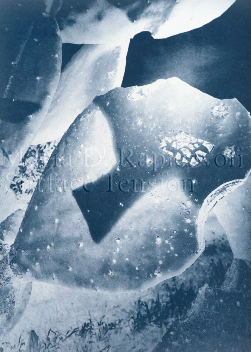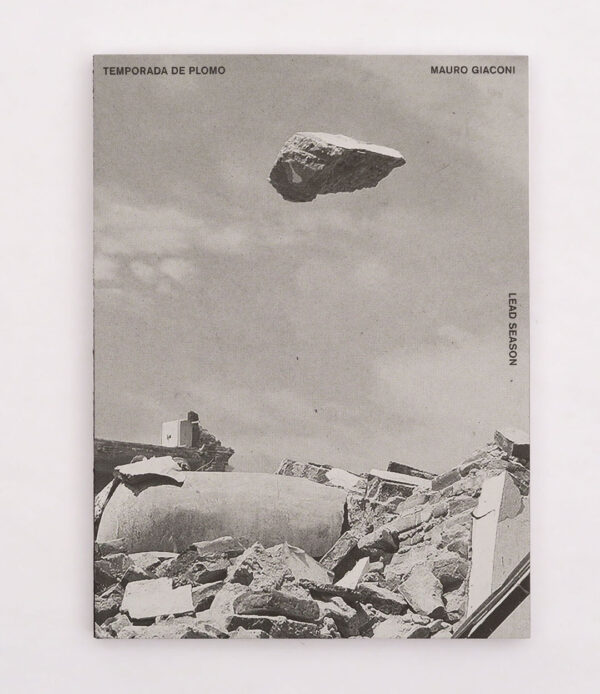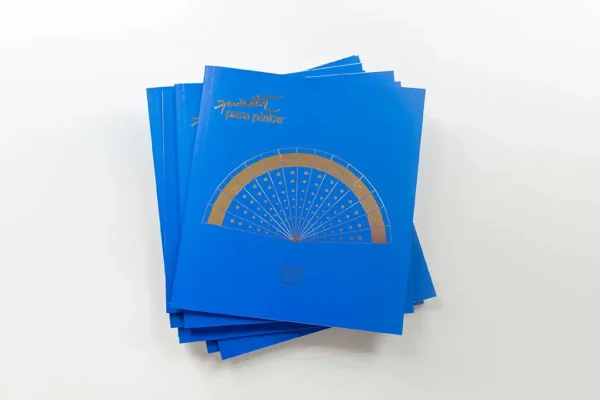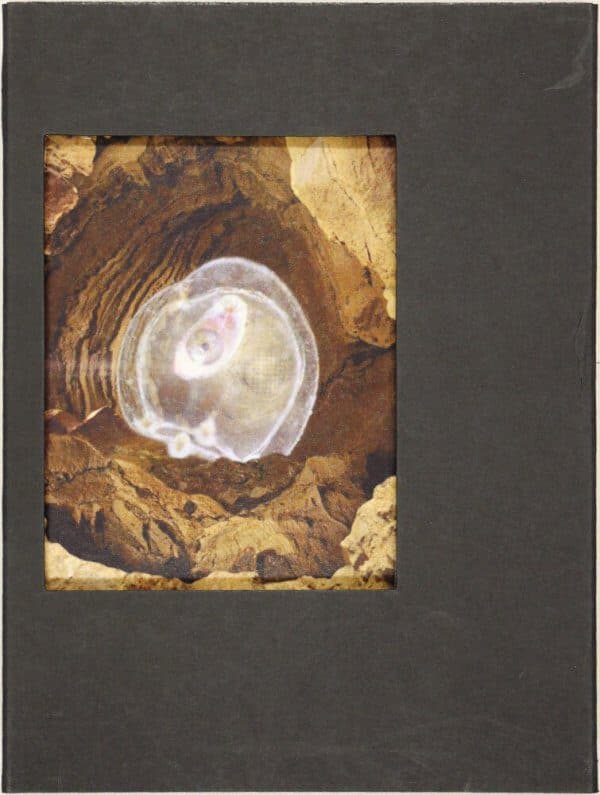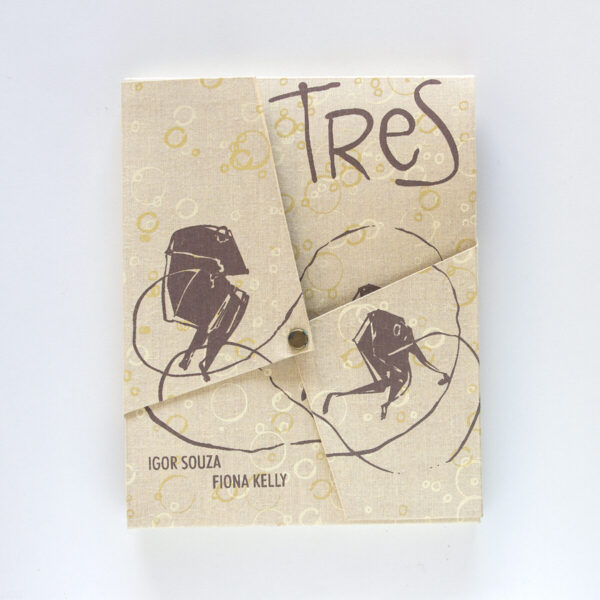“Maria D. Rapicavoli’s The Other: A Familiar Story (2020) takes as its starting point the personal narrative of an unnamed member of the artist’s extended family who was forced to leave her children in Catania, Italy, and follow her husband to Lawrence, Massachusetts. This relative was coerced into marriage by a man who raped her. This confounding story at the center of The Other embodies multiple, intertwined forms of oppression that are integral and widespread in the history of humanity. These kinds of transgressions are often unacknowledged, even as they play out around us. Beginning with the first line of the voice-over—’Some stories never end’—the course of the protagonist’s emotional landscape is mapped out in myriad spaces that allude to the uncertainties of her experiences of migration. [. . .] A wide-angle view captures the open sea, an empty factory, a too-narrow hallway where she struggles to move an Yves-Klein-blue bed frame, as if to make a space of her own, and a room in the hallway beyond the bedroom. The views of the landscape open to vast expanses, as if to release the subject into a realm of freedom and autonomy. Within the script, ‘Some stories never end’ is followed by ‘not even when you die,’ pointing to the epigenetic nature of generational trauma. Rapicavoli shows us how the unresolved effects of the protagonist’s separation from her children, the labor conditions she endured as a factory worker, and the suffocating and inescapable relationship with her husband still reverberate more than a hundred years later [. . .].”—Sara Reisman
